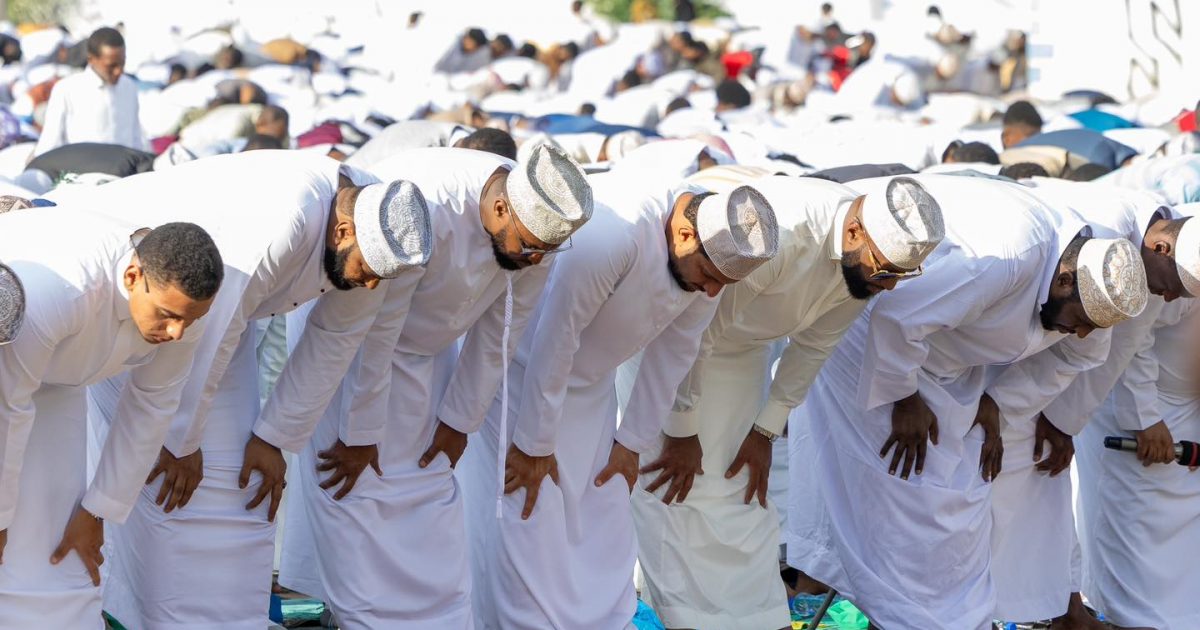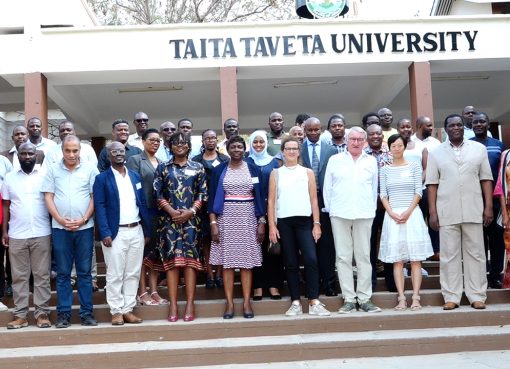After Ramadhan, Muslims are encouraged to fast for six days in the month of Shawwal, following Eid al-Fitr, as a way to continue the spirit of Ramadhan and receive the reward of fasting for the entire year.
After the holy fasting month of Ramadhan, there are six voluntary fasts that one can complete at any time throughout the month of Shawwal except on (Eid al Fitr) day that marks the end of Ramadhan.
Ramadhan is the ninth month of the Islamic calendar and is observed by Muslims worldwide as a month of fasting, prayers, charity and reflection.
Shawwal is the 10th month of the Islamic (Hijri) calendar and begins its first day with Eid al-Fitr.
Fasting in Shawwal contains immense virtue and it is not obligatory to fast, but it is an established tradition and a matter of great reward and it is believed that fasting in the month of Shawwal compensates for any shortcomings during the obligatory fast of Ramadhan.
The sighting of the new moon of Shawwal signifies the end of the holy month of Ramadhan, and the beginning of Eid al-Fitr and its festivities.
This year Interior Cabinet Secretary (CS) Kipchumba Murkomen declared Monday, 31st March 2025, a public holiday to mark the celebration of Eid-al-Fitr.
Eid-al-Fitr, which means ‘Festival of Breaking the Fast’ is one of the most significant holidays in the Islamic calendar and marks the end of Ramadhan, a month of fasting, prayer, and reflection observed by Muslims worldwide.
The first day of Shawwal is also when Muslims celebrate Eid Al-Fitr, one of the celebrations recognized in Islam the other being Eid al-Adha, observed on the 10th day of Dhul Hijjah, the last month of the Islamic Calendar.
Eid al-Adha (Festival of Sacrifice) is one of the most important festivals in the Muslim calendar and commemorates Prophet Ibrahim’s willingness to sacrifice his son when God ordered him to.
During Eid al Fitr, Muslims come together to enjoy the reward of observing and completing the holy month of Ramadhan.
It’s time to attend the Eid prayer and pay Zakat al-Fitr (charity to the poor) and it is also a day of festivities.
The purpose of Zakat al-Fitr is to enable poor people to celebrate Eid al-Fitr, the festival to break the fast of Ramadhan.
Fasting six days of Shawwal holds immense rewards for Muslims as it is equivalent to a year of fasting.
The fasting of Shawwal is a way of showing gratefulness to Allah for His countless blessings, particularly the blessings of Ramadhan and Eid-al-Fitr festivities.
The Prophet Muhammad (SAW) said in a Hadith (sayings or traditions of the prophet) “Whoever fasts Ramadhan and follows it with six days of Shawwal, it will be as if he fasted for a lifetime.” (Sahih Muslim, 1163)
Fasting on the first day of Shawwal is prohibited because it’s when Eid al-Fitr takes place however it is recommended to fast for six days of a worshipper’s choosing, before the end of the month in order to complete the six days of Shawwal and reap the rewards of a year of fasting.
Religious scholars hold the view that Shawwal marks a precious time to reflect on and continue the good habits the faithful gained in the preceding fasting month of Ramadhan.
Just like Ramadhan Muslims observing the Shawwal fast abstain from all forms of food and drinks during the daylight hours, breaking their fast at sunset.
Most of the Islamic scholars are of the view that one can fast any six days in the month of Shawwal.
Muslims scholars contend that Shawwal fasts help believers strengthen the good habits learnt during Ramadhan like gratefulness, avoiding extravagance in cooking and consuming food and remembering the less fortunate in the society.
By Hussein Abdullahi




